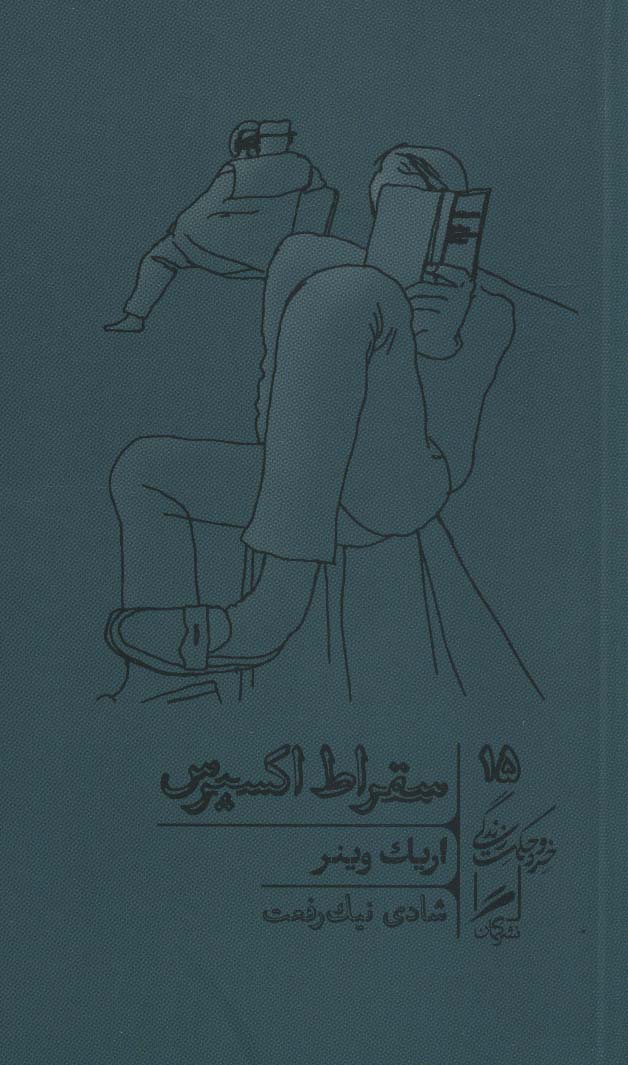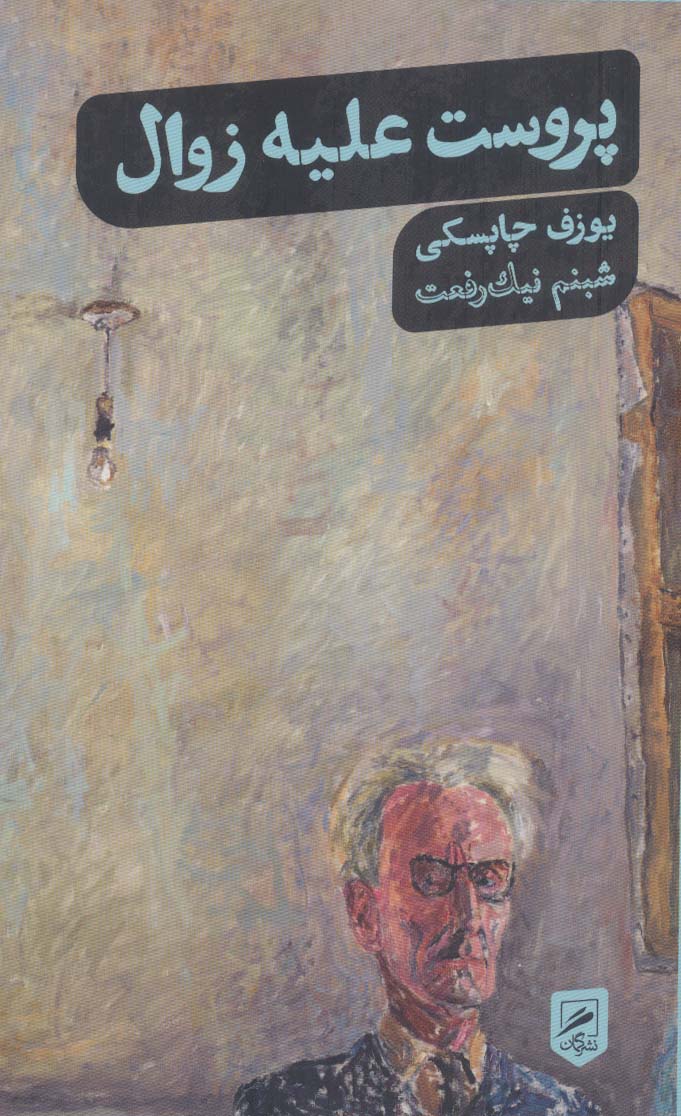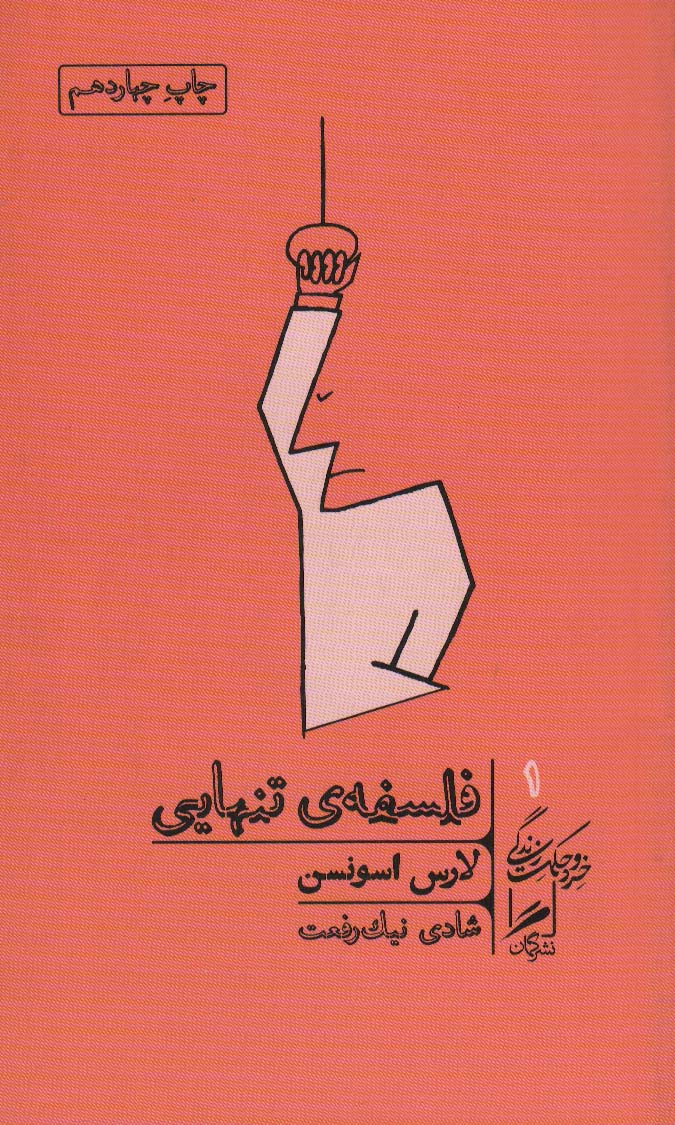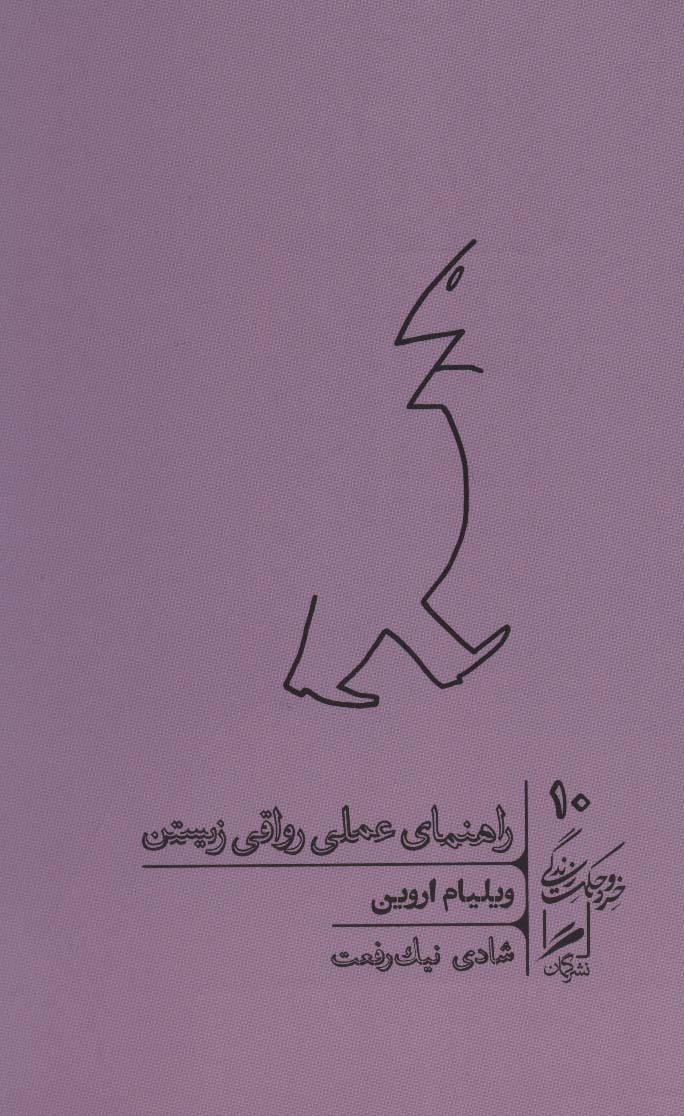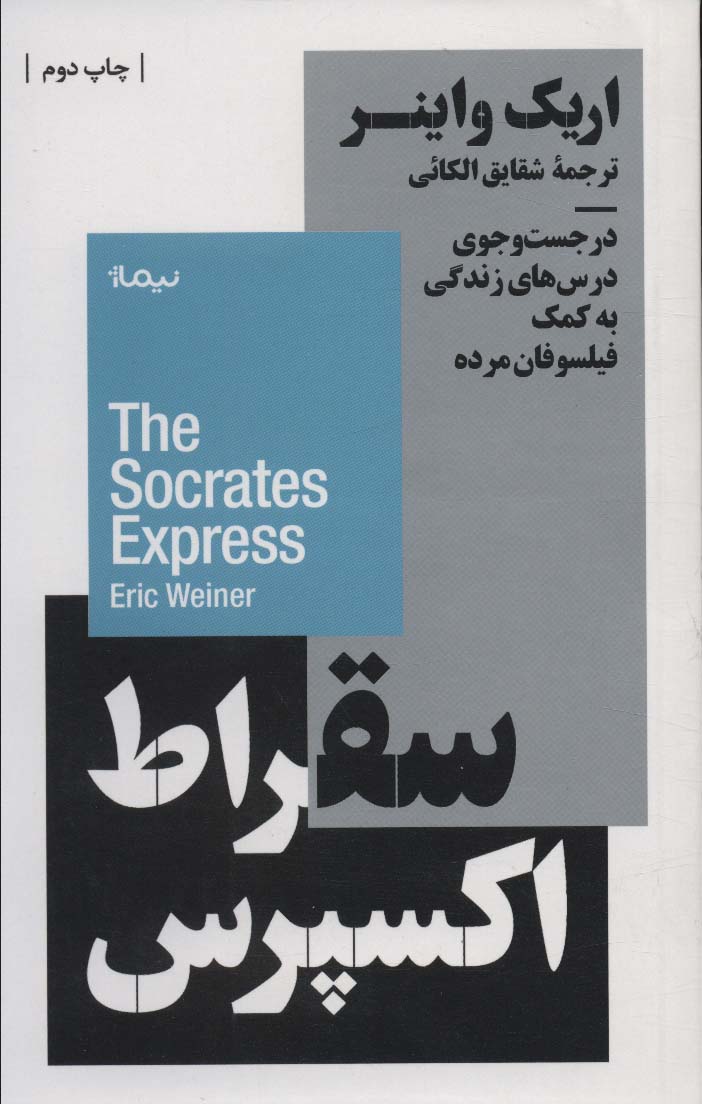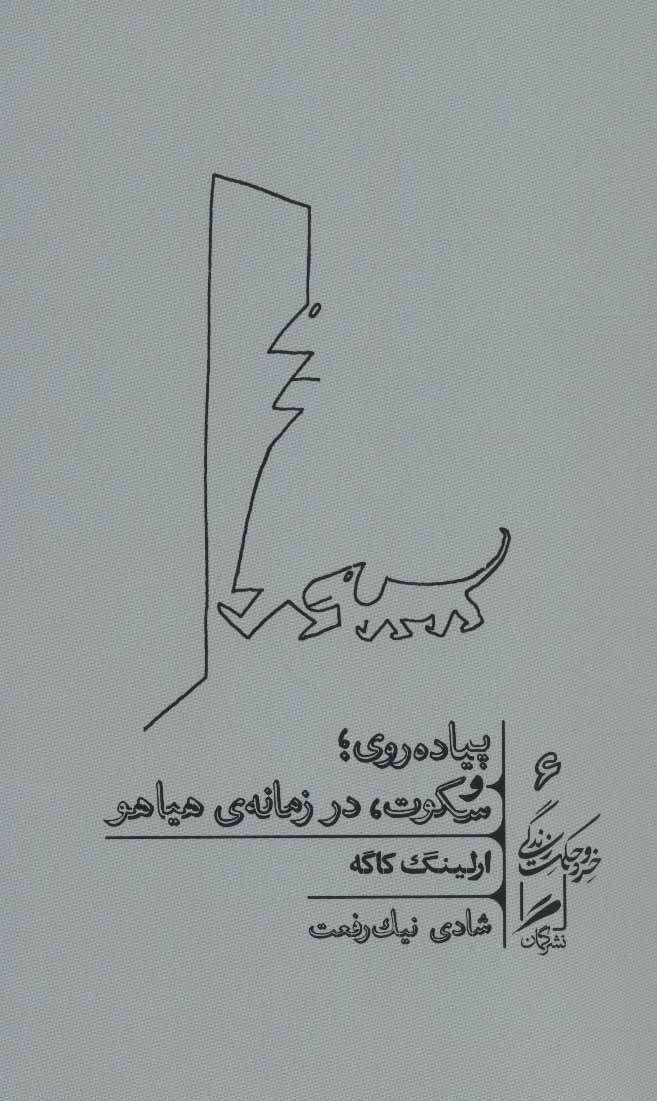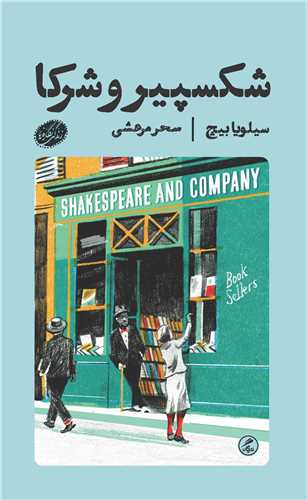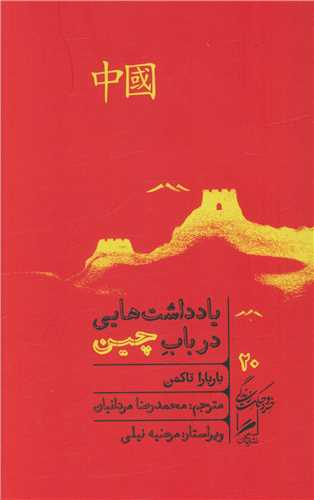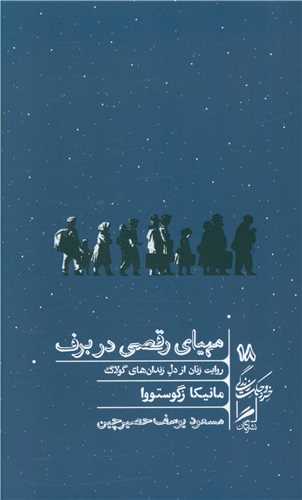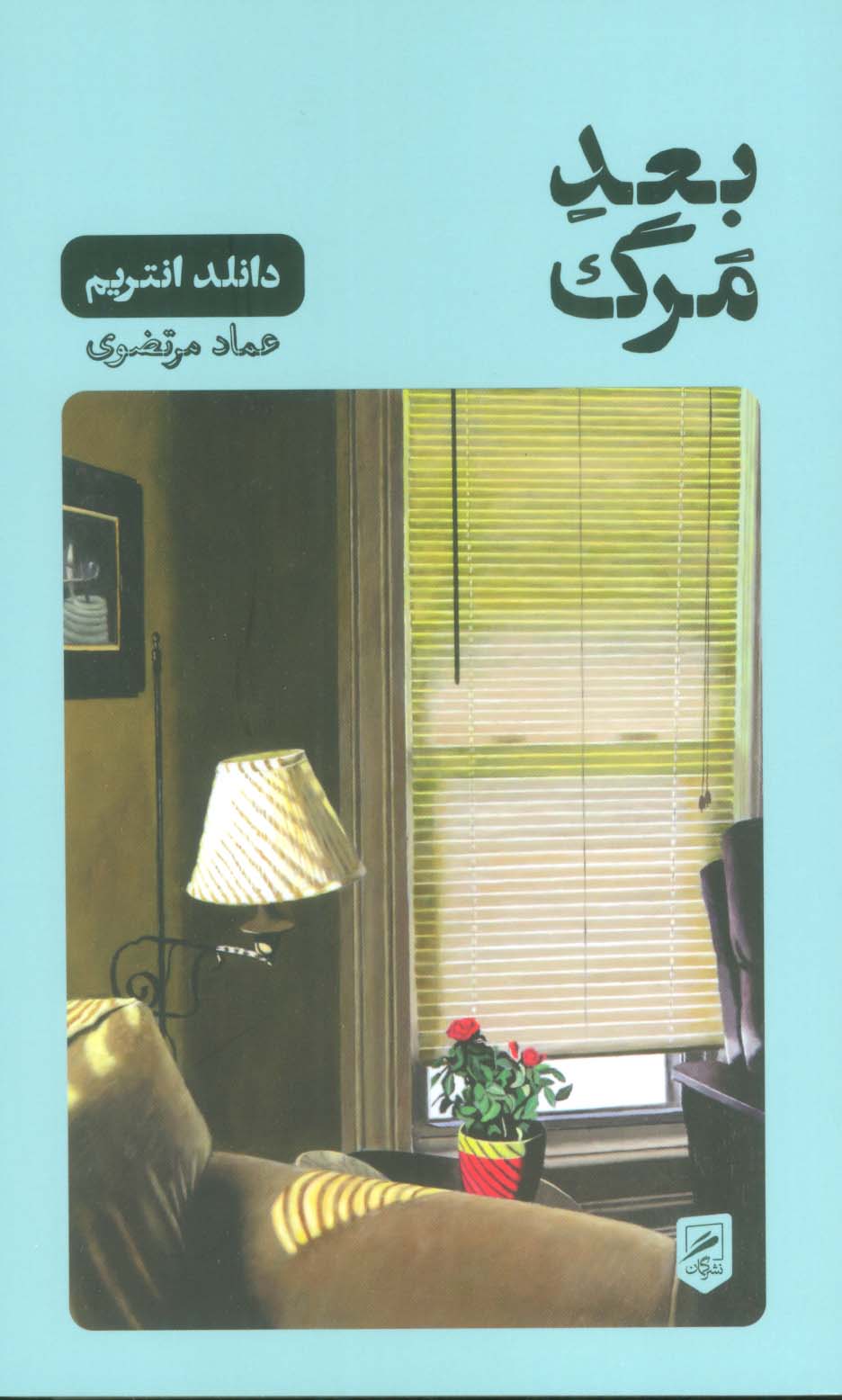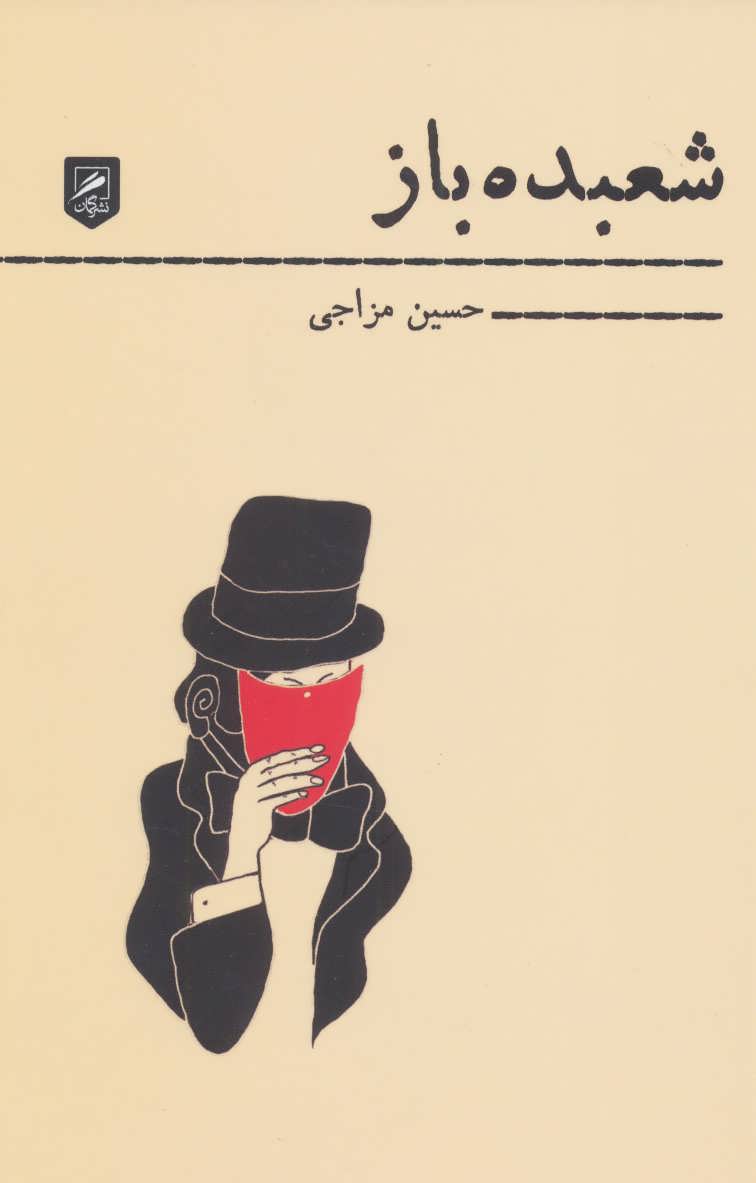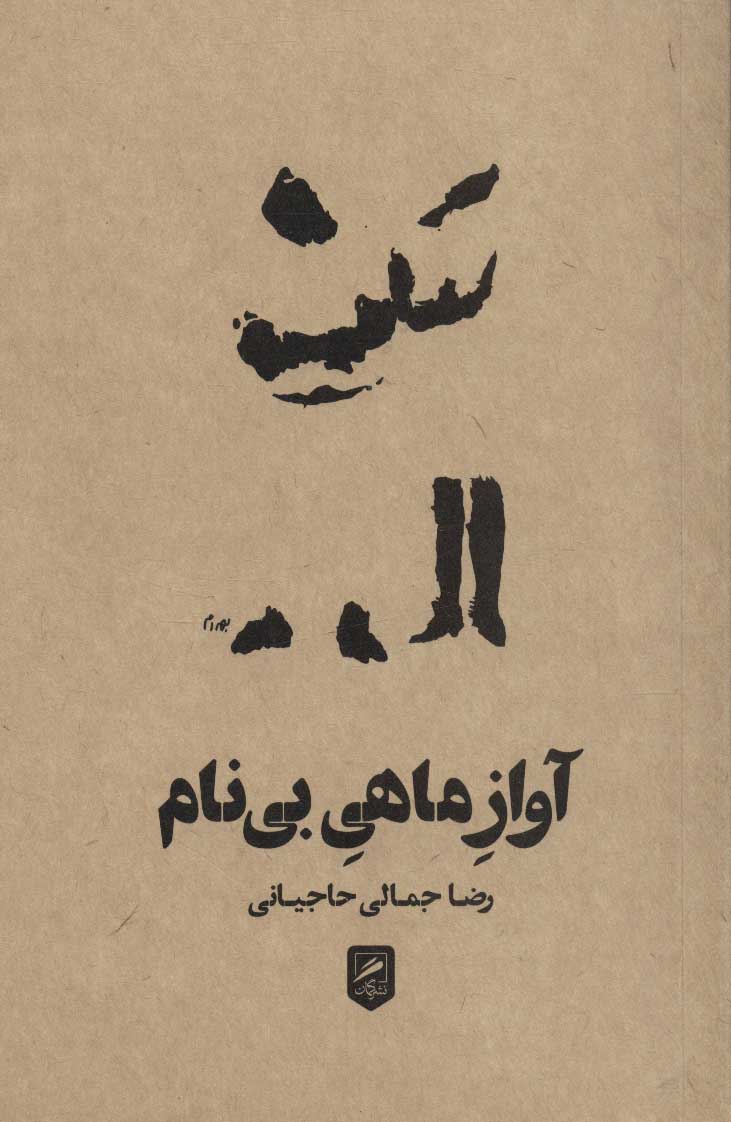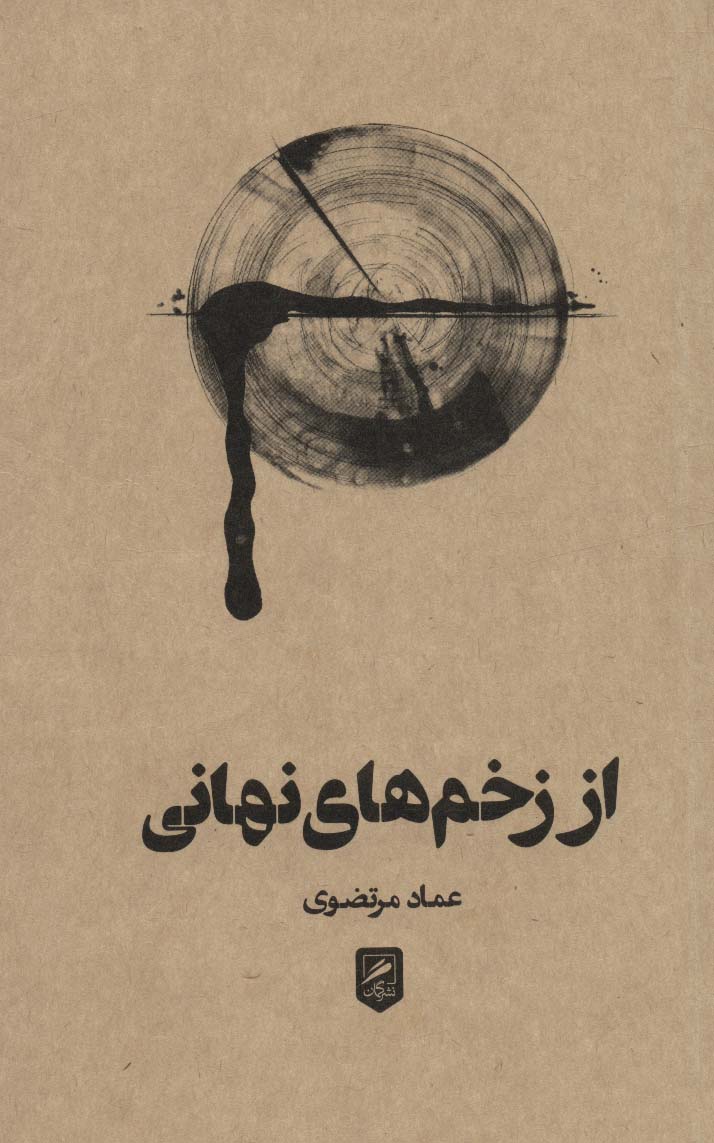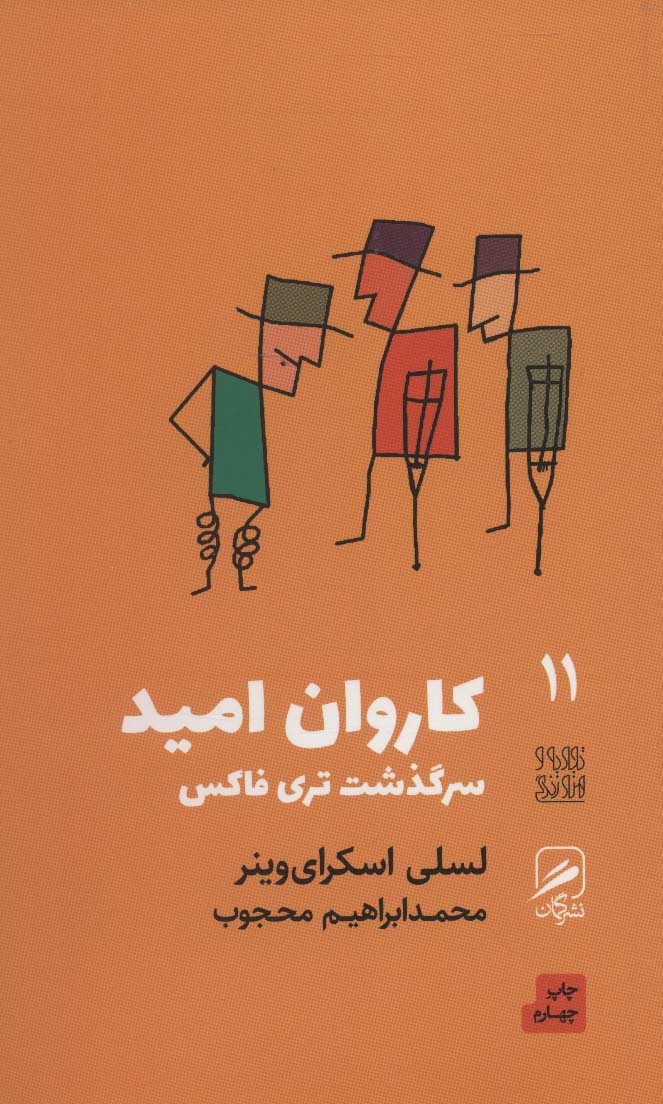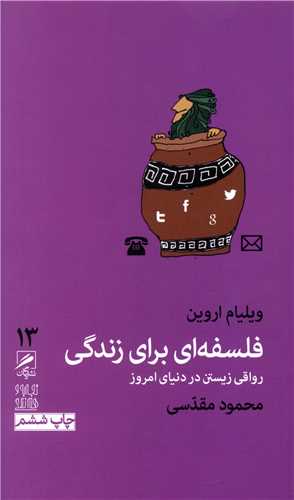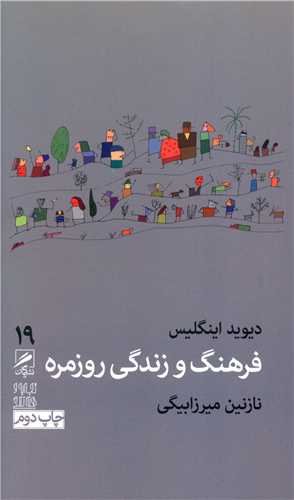Suqrāṭ ikspiris (khirad va ḥikmat-i zindigī 15): Persian 1402
سقراط اکسپرس (خرد و حکمت زندگی15)
13.68 £
Share
Wishlist
Original Title:
The Socrates Express: In Search of Life Lessons from Dead Philosophers
ISBN:
9786007289853
Translator:
Shādī Nīk Rafʻat
Publisher:
Guman
Age Group:
Adult
Pages:
372
Weight:
245 g
Dimensions:
11 x 20 x 4 cm
Book Cover:
Paperback
The upcoming book is a volume of wisdom and wisdom of life; A collection that has been compiled to reduce the terrifying grandeur of philosophy and seeks to create awareness about the wisdom and way of thinking of the philosophers of the world, to give the audience a more open view of life and equip them to face it consciously. In this book, the author invites the reader to a philosophical journey based on the views of world-famous philosophers such as Epicurus, Schopenhauer, Nietzsche, Confucius, Rousseau, and Socrates, and introduces him to their way of thinking and their way of looking at life. He opens a door for the audience of his book to learn how to think consciously and to face philosophers in a new way, in a way that is different from the conventional and dry way, and to lead him to live in the way of philosophers and according to their views. provide them. The book goes on a train journey, a journey that connects the reader's modern life with philosophy and adds to his wisdom at the end.
Excerpt from the book:
I press the call button and a short while later a small, lovely, and shy gentleman arrives. Stephen Roper has a mustache, a receding hairline, clear blue eyes, and a red and white-face that reminds me of winged children drunk in cartoons. We enter a large room. It smells like old books and disinfectants. Schopenhauer looks at us as we go. The door and wall of the room are full of portraits or photos of him at different stages of his life, from his fifteen years in Hamburg to the time when Farzaneh was a seventy-eight-year-old man in Frankfurt. It is strange that Schopenhauer, despite the controversial claim that "the world is in my thinking", did not feel comfortable in this world. Like Rousseau, he felt like a homeless person, even when he was in his own house. This reclusive philosopher was living proof that there is something worse in human destiny than being successful: to be ignored. During his lifetime, neither his writings were read nor anyone liked his ideas. Even though he was an unopposed candidate, he still could not win the prize of the Royal Society of Denmark. It was only in the last years of his life that they honored him. Another strange incident in Schopenhauer's life is his Freudian childhood - interestingly, his philosophical ideas were also liked by Freud. The problems he had with his mother are a diagram of many things. Johanna Schopenhauer had many lofty ideals - literary and social - but raising children was not included in any of them. Mother soon tired of, as she called it, "playing with the new doll," and the rest of Arthur's childhood was spent with her mother's occasional disdain and disdain. "A horrible mother," she later wrote in her notes.
more
کتاب پیش رو یک جلد از مجموعه خرد و حکمت زندگی است؛ مجموعه ای که با هدف کاستن از ابهت هراس آور فلسفه گردآوری شده و در پی خلق آگاهی نسبت به حکمت و شیوه ی اندیشیدن فیلسوفان جهان است، تا به مخاطب دیدی بازتر نسبت به زندگی ببخشد و او را برای مواجهه آگاهانه با آن مجهز سازد. نویسنده در کتاب حاضر با تکیه بر دیدگاه فیلسوفان نامدار جهان هم چون اپیکور، شوپنهاور، نیچه، کنفوسیوس، روسو و سقراط خواننده را به سیر و سفری فلسفی فرامی خواند و او را با شیوه اندیشیدن آن ها و نوع نگاه شان به زندگی آشنا می کند. او دری می گشاید تا مخاطب کتابش نحوه تفکر آگاهانه را بیاموزد و به گونه ای نوین با فلاسفه رو به رو شود، به شکلی که از حالت مرسوم و خشک متفاوت باشد و او را برای زندگی کردن به شیوه ی فیلسوفان و با توجه به دیدگاه های آن ها مهیا سازد. کتاب با سفری در قطار پیش می رود، سفری که زندگی امروزی مخاطب را با فلسفه گره می زند و در انتها به حکمت و خرد او می افزاید.
گزیده ای از کتاب:
دکمه ی فراخوان را فشار می دهم و چندی بعد آقایی ریزاندام، دوست داشتنی، و کمرو از راه می رسد. استفن روپر سبیل دارد، با خط مویی که در حال پس روی ست، و چشمان شفاف آبی و چهره ای سرخ و سفید که مرا یاد کودکان بالدار سرمست تابلوهای نقاشی می اندازد. وارد اتاق بزرگی می شویم. بوی کتاب های قدیمی و مواد ضدعفونی می آید. راه که می رویم، شوپنهاور همین طور ما را نگاه می کند. در و دیوار اتاق پر است از پرتره یا عکس های او در مقاطع مختلف زندگی، از پانزده سالگی اش در هامبورگ تا موقعی که در فرانکفورت فرزانه مردی هفتاد- هشتاد ساله بود. عجیب آن که شوپنهاور، به رغم آن ادعای جنجالی «جهان در تفکر من است»، زیاد در این دنیا احساس آسودگی و راحتی نمی کرد. او هم مثل روسو حس آدمی بی خانمان را داشت، حتی وقتی در خانه ی خودش بود. این فیلسوف جدامانده گواه زنده ای بود بر این که در تقدیر آدمی بدتر از سرکوفت خوردن هم هست: نادیده گرفته شدن. در طول حیاتش، نه نوشته هایش را می خواندند، نه کسی عقایدش را دوست داشت. حتی با این که کاندیدای بی رقیب بود باز هم نتوانست برنده ی جایزه ی انجمن سلطنتی دانمارک شود. تازه در سال های آخر عمرش بود که او را به جا آوردند و حرمت گذاشتند. یک اتفاق غریب دیگر زندگی شوپنهاور کودکی فرویدیِ اوست- جالب توجه آن که عقاید فلسفی اش مورد علاقه فروید هم بود. مشکلاتی که با مادر داشت خودش نمودار خیلی چیزهاست. یوهانا شوپنهاور آرمان های والا -ادبی و اجتماعی- زیاد داشت اما بچه بزرگ کردن در هیچ کدامشان نمی گنجید. مادر خیلی زود از به قول خودش «بازی با عروسک جدید» خسته شد، و باقی کودکی آرتور بی نوا با بی اعتنایی و انزجار گاه و بیگاه مادر سپری شد. بعدها در یادداشت هایش نوشت: «یک مادر افتضاح.»
more

